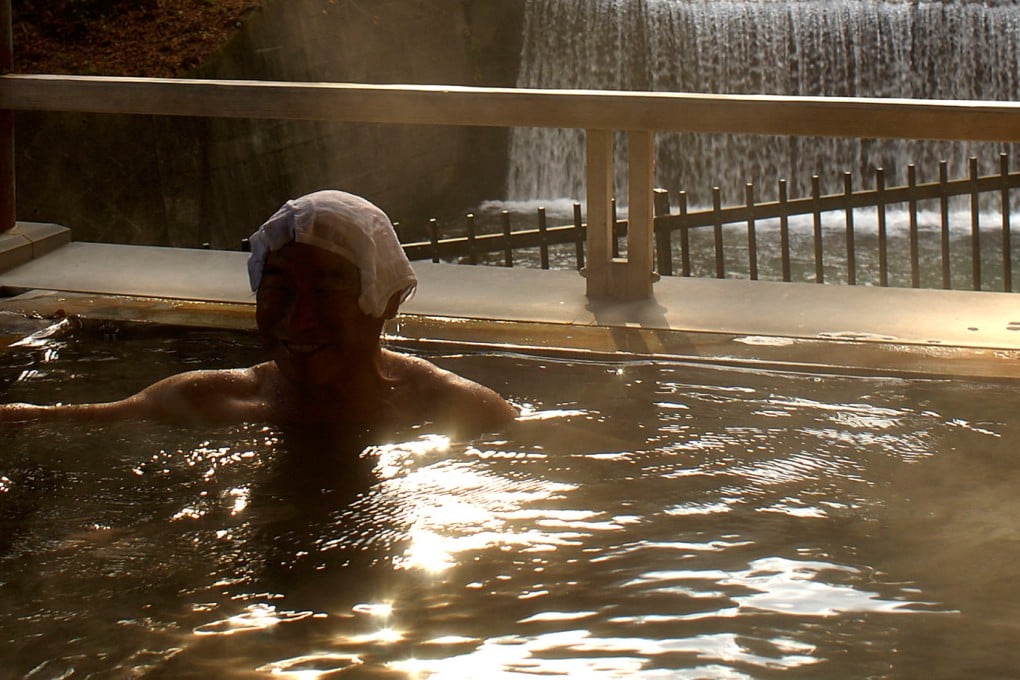Japanese owners of famous ‘onsen’ hot springs soften their stance on tattoo ban to appease foreign visitors
The Japan National Tourism Organisation says it is encouraging hotels and onsen operators to provide options to foreign guests with tattoos.

Operators of Japan’s much loved “onsen” hot springs – one of the highlights of any trip for many foreign visitors – are coming around to the notion that they need to provide solutions to the cultural minefield surrounding tattoos.
Skin art is still widely perceived as a mark of Japan’s “yakuza” groups and public baths and hot springs have for generations banned anyone with a tattoo from enjoying their facilities. That attitude has remained largely unchanged, despite a massive increase in the number of overseas visitors coming to Japan and the increasingly widespread trend among foreigners to have tattoos.
Those tattoos may be tribal markings, the names of loved-ones or a small and discreet rose or dolphin. In Japan, however, operators of onsen regard a fashionable butterfly or a heart in exactly the same way as the full body tattoos that the underworld use as a badge of belonging.
“It’s a very sensitive issue and for us Japanese people because seeing tattoos in a public place – such as an onsen – makes us uncomfortable,” said a spokesperson for Hoshino Resorts, which operates a number of high-end hotels and onsen across Japan.
Read more: Disclosure of orgy videos force the closure of hot springs north of Tokyo
With visitor numbers soaring but mindful of not upsetting the company’s Japanese guests, Hoshino Resorts has taken a more proactive approach to the problem.
“For small tattoos, we provide guests with a sticking plaster that they can use to conceal it before they go into the hot spring,” said the company official, who declined to be named.